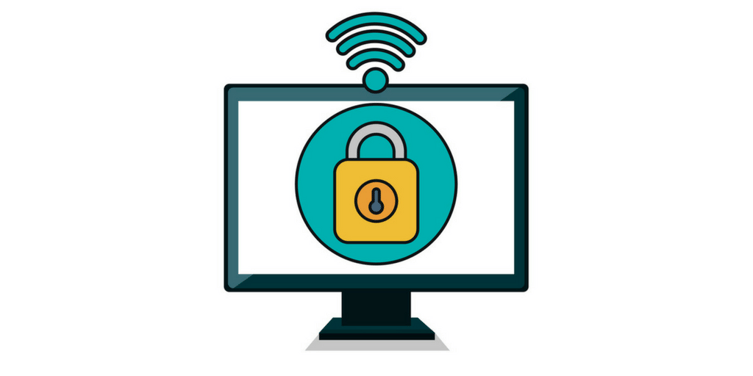In 2017, over 230,000 UK firms were hit by cyber attacks. This is a staggering number, and if it happens to you, it could be detrimental to your business. By implementing these four simple strategies, you could save your business.
1. Install a proper firewall on your networkA proper firewall is your first line of defence if a hacker were to try and access your online data. There are hackers who can insert malware into your files, and steal important information (like passwords and credit card details etc) so it is really important to protect the information.
A firewall will protect your computer against malware and most other attacks that cybercriminals will try to obtain your data. A firewall will, for example, detect any larger amounts of data upload / downloads, when hackers are uploading your malware or extracting your files. If there is any activity that is suspicious, the firewall will automatically shut it down.
2. Have a separate network for your payment terminal
By separating your payment terminal network from your general network will significantly decrease the chance of a cyber attack, and make your network more secure. Hackers can gain access to your network through any computer that’s connected to your network - even through your employees. If you put your payment terminal on a separate network, which can only be accessed by one or 2 people. That’ll significantly reduce the chances of your payment info being hacked.
3. Change usernames and passwords on all access points every 90 days
This is one of the easiest ways to secure your networks. I’d recommend changing at least the passwords every 90 days. But it’s also recommended for businesses to change their usernames too. The more frequently you change your passwords, the more secure your network will stay.
4. Only use https secure websites at work
Last year, 2017, SSL certificates were introduced to websites so visitors would immediately know if a website was secure or not. If you enter your information into a non-secure website, it means that your data is not protected so anyone could access it. This could be your email address, or more worryingly, your bank account information when purchasing online. Ensure your employees are aware of secure and non-secure websites, and ensure your data is not shared online through these non-secure sites.
Final thoughts
Protecting customer information, as well as your own sensitive data should be a top priority. Data shows that 60% of small business are affected by data breaches which result in their closure within six months. Take the necessary steps to ensure your business is secure.
Share and enjoy
If you have any questions or comments about this post, please fill in the comment box below. Or send me an email: shale@bonline.com.






